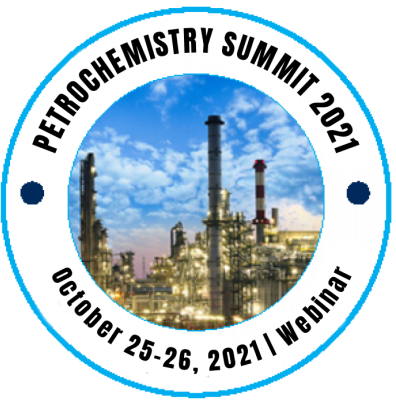Biography
Biography: Dr. Abdollah Esmaeili
Abstract
Generally, produced water from oil reservoirs must be controlled to be able to increase produced oil from these reservoirs. Previous studies have shown that produced water control method based on polymer gel injection into porous media to increase oil recovery is an efficient method. Methods, uncertainties, errors and geographical conditions of each area and dynamic developing process of technologies are factors which force us to continue these research activities.
Nowadays, extra produced water from oil and gas reservoirs is one of the serious problems. This is one the most important factors which can affect oil and gas production rate from producing wells. Extra produced water from oil and gas reservoirs, can cause serious problems such as operational cost increasing, increasing the cost of facilities and equipment’s which are needed to lift this extra produced water, increasing produced oil and water separation cost (bigger separators and pumps will be needed), increasing cost of discharge and removing this extra produced water, corrosion cost due to hydrogen sulfide which is produced along water and sand production due to extra water production.
To prevent extra production of water, there are several methods. Knowing the reasons of extra water production is essential for choosing the best method to control it. Generally, controlling methods for extra water production are divided into two types, chemical and mechanical. Mechanical methods are horizontal drilling, deviation drilling, and using tubing in production passages of water and well head separation facilities. Chemical methods are divided into: cement, gel, resin, foam and polymer. Todays, among chemical methods, using polymer gels is a known method. Based on these experiences, in this research project, we will try to find a suitable polymer gel to prevent extra water production from an oil reservoir. We must find a polymer gel which has a lot effects on water permeability and little effect on oil permeability.
In this research, according to actual condition of an oil field, a suitable polymer will be designed and built, then, its optimum composition with least amount of additives, best thermal resistance property, resistant to salt and acid and long life time will be determined using rheological tests as a standard method to specify polymer gel properties. Finally, performance of this optimized polymer gel will tested experimentally using several cores of this sandstone reservoir. Rheological properties of polymer gel and its relationship to reservoir rock permeability will be investigated. For this purpose, a set of experimental tests based on rheological, swelling and core flooding tests on sandstones will be designed. So, by deriving mathematical relationships, effect of concentration and type of polymer and ratio of networking factor concentration to polymer on total visco-elastic properties and three dimensional network parameters of polymer gel will be stated.


